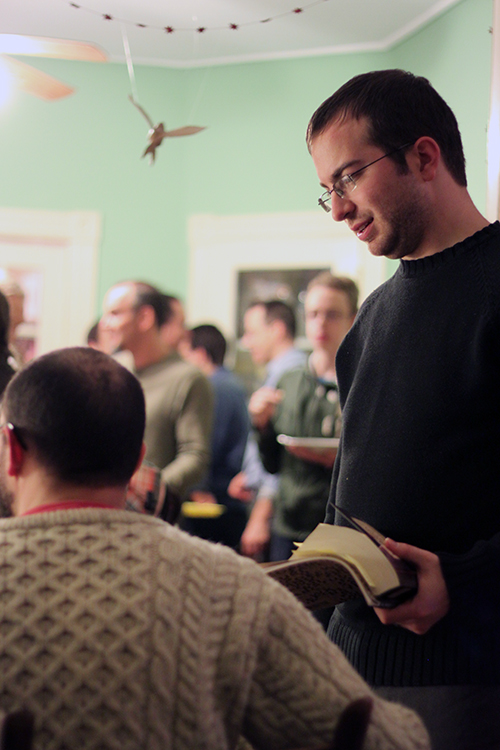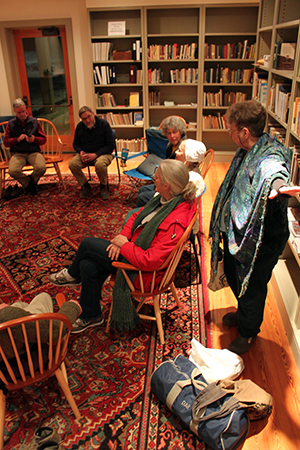
We live in a culture that talks a lot about community. Politicians, civic and religious leaders, non-profits and businesses are always announcing programs and initiatives to build and protect community. It’s not always clear what we mean by the word community, but we appear to think that it’s important.
Still, it often seems that the more we talk about community, the less of it we actually experience. How many newly developed residential communities are little more than sleeping quarters for thousands of disconnected households? Even within these households, how much real community is there to be found?
Increasingly, even within the family, each individual is expected to follow their own path – whether in career, school, or romantic relationships. The famous Howard Thurman quote – Don’t ask what the world needs. Ask what makes you come alive and go do it. – is twisted into justifying boundless individualism. If it meets your needs, do it.
In such an environment, how could authentic community ever have the space to grow? Real community isn’t a product that can be bought, sold, or created through ad campaigns and urban planning. Community is created through the simple act of living together and depending on one another over time. It requires that we consider the needs of others on an ongoing basis, even when it frustrates our own desires.
 If we desire enduring community, we’ll sometimes be required to sacrifice of our own priorities, even deeply felt ones, for the sake of the family, the congregation, and all those other types of committed fellowships that are increasingly disintegrating in our present day. This is a bitter pill for us as members of a culture that glorifies independence, choice, and individual autonomy. The decision to live in real community is a radically counter-cultural one.
If we desire enduring community, we’ll sometimes be required to sacrifice of our own priorities, even deeply felt ones, for the sake of the family, the congregation, and all those other types of committed fellowships that are increasingly disintegrating in our present day. This is a bitter pill for us as members of a culture that glorifies independence, choice, and individual autonomy. The decision to live in real community is a radically counter-cultural one.
In light of all this, it is fair to ask ourselves the question: Do we really want community? True community will limit our options in many ways; it will tie us down and force us to put up with people and situations that we would rather avoid. Do we truly believe that community is worth the cost?
In my experience, the only way to justify the sacrifices required by community is through recognizing shared needs that can only be met in cooperation with others. What are these needs? What is the shared mission that God is calling us to together, which we simply cannot accomplish as separate individuals?